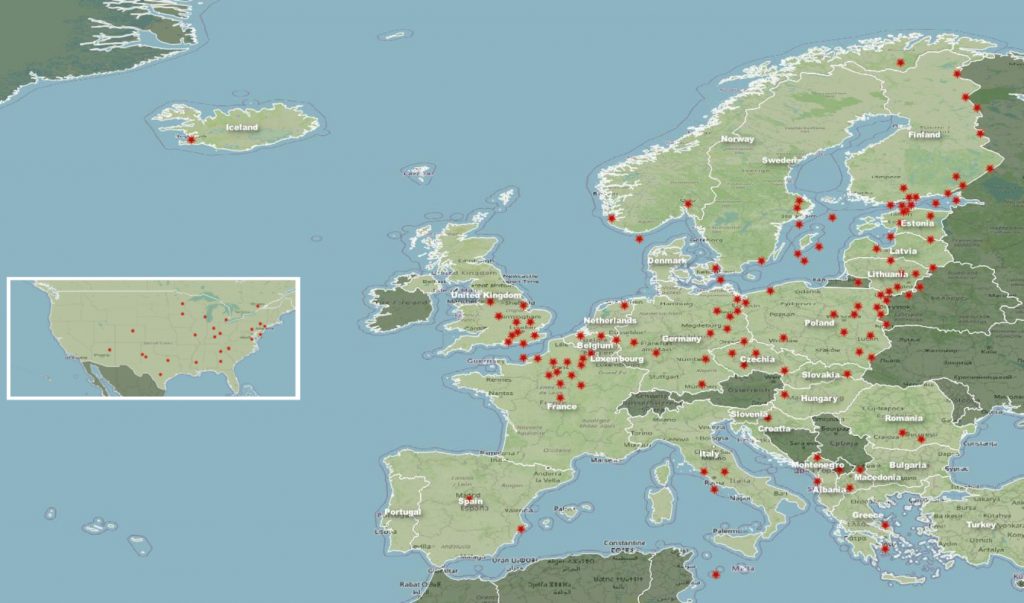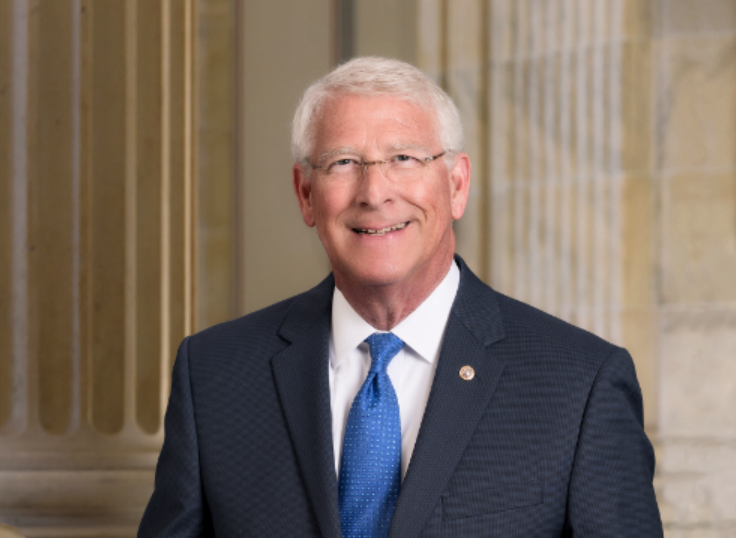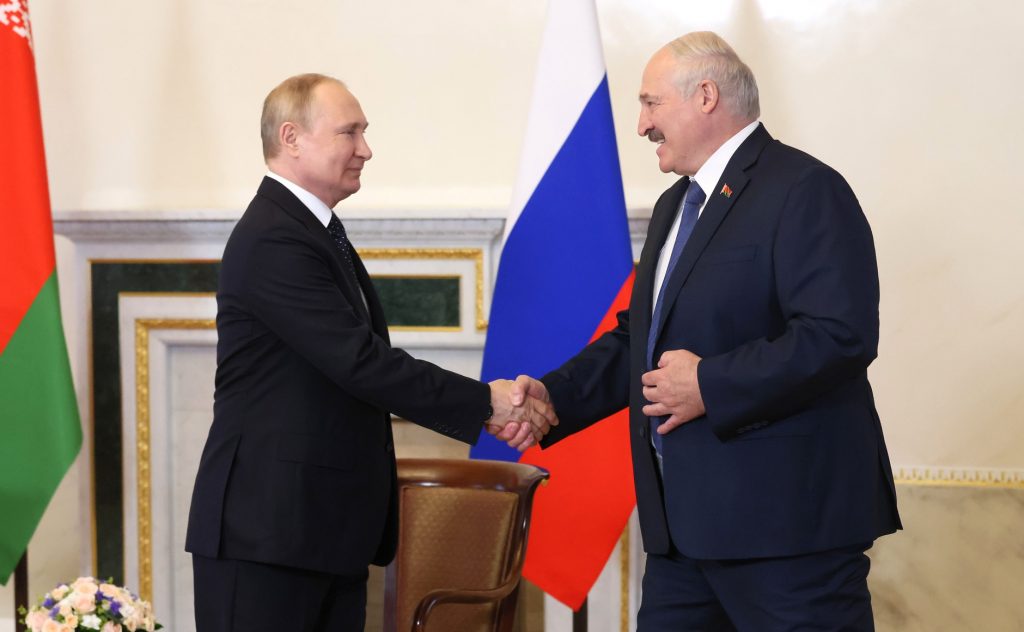“Helsinki on the Hill” is series of conversations hosted by the U.S. Helsinki Commission on human rights and comprehensive security in Europe and beyond. The Helsinki Commission, formally known as the Commission on Security and Cooperation in Europe, promotes human rights, military security, and economic cooperation in 57 countries in Europe, Eurasia, and North America.
Mission
We are a US government commission that promotes human rights, military security, and economic cooperation in 57 countries in Europe, Eurasia, and North America.
Nine Commissioners are members of the Senate, nine are members of the House of Representatives, and three are executive branch officials.
Learn MoreRecent Updates
- Filter By:

Bipartisan Helsinki Commission Leadership Express Al...
May 06, 2025

Bipartisan Helsinki Commission Leadership Express Ou...
May 02, 2025

Bipartisan Helsinki Commission Members Express Suppo...
Apr 25, 2025

Bipartisan Helsinki Commission Leadership Respond to...
Apr 03, 2025

Bipartisan Helsinki Commission Members Express Conce...
Apr 02, 2025

Senator Roger Wicker Appointed Chairman of the U.S. ...
Feb 12, 2025

NEW REPORT—Spotlight on the Shadow War: Inside Russi...
Dec 12, 2024
In the News
Ukraine Could Get ‘War-Winning Weapons’ Under New US Proposal
Feb 11, 2025
US’s Joe Wilson and UK’s James MacCleary Call for British Sanctions on Ivanishvili
Jan 31, 2025
U.S. Leadership is Essential to Fight Russia’s Covert War on the West
Jan 20, 2025
Russia is escalating its dangerous shadow war against NATO, and there are fears it could get a lot worse
Jan 18, 2025
Congressman Steve Cohen: ‘Ivanishvili is steering Georgians toward Russia, where his heart and wealth lie’
Jan 13, 2025











